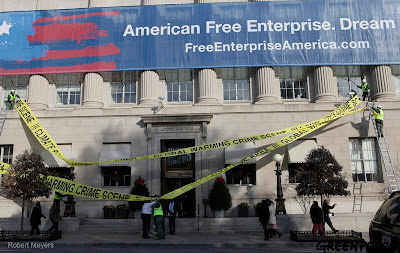By Gary Berg-Cross
With a bit of militarism
in the air I see that the National Geographic Channel has a series
on “American War Generals” The “war
leaders” assembled have some
familiar names:
Gens. Collin
Powell, Stanley McCrystal, Petraeus, Wesley Clark, Jack Keane, George William
Casey, Barry McCaffrey and Raymond Odierno, along with Lt. Gens. Karl
Eikenberry and Michael T. Flynn, and Maj. Gen. Herbert R. McCaster.
Some call it must see other ambitious and fantastic. The Air
Force Times called it a cautionary tale as:
“… the U.S. escalates its campaign against
jihadists in Iraq and Syria, a new documentary offers a cautionary tale about
putting too much faith in technology and forgetting hard-fought lessons from
the past. American War Generals,” …. looks at how the U.S. military recovered
from its disastrous endeavor in Vietnam, remade itself into an all-volunteer
force that focused on fighting conventional wars, and then came close to defeat
in Iraq and Afghanistan as it faced a type of enemy it vowed never to fight
again.”
A cautionary stance is
good, especially in these times and some of the generals use the word mistake
and Iraq in the same sentence. So
perhaps we owe some thanks to husband-and-wife
co-producers Peter Bergen and Tresha Mabile,
whose film cites sobering statistics on
American and Iraqi deaths . They say 4,489 and more than 150,000, respectively
but there are estimates of many more Iraqi deaths due to those external effects
of war such as via disease and accident.
The cost to US taxpayers comes in at more than $2 trillion, but here too
one can estimate additional external costs such as the benefits of investing
the money elsewhere.
Many of us remember the run
up to the Iraq war and how militant voices were heard with nary an anti-war
quest given time on the air. Perhaps we’ve
learned a bit from that mistake. Still I’d
be very happy to see a series on those very same anti-war voices now and their
retrospective and prospective views. A
good start might be selecting a few folks from the site Americans who tell the truth
- Models of Courageous
Citizenship which features:
citizens who
courageously address issues of social, environmental, and economic fairness.
They feature quite a few people worth hearing from. Some like
Dr.
Margaret Flowers & Kevin
Zeese have been speakers at WASH MDC.
Others like Jane Addams have had featured blogs.
And we
might all be the wiser to hear a bit more from someone like Chris
Hedges War Correspondent,
Writer : 1956
"Once we sign on for war’s crusade, once
we see ourselves on the side of the angels, once we embrace a theological or
ideological belief system that defines itself as the embodiment of goodness and
light, it is only a matter of how we will carry out murder."















